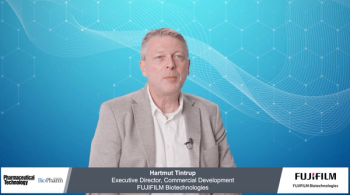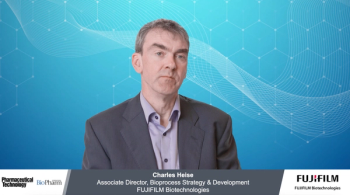
Quality, Risk, and Regulatory Drivers Behind Fully Connected Continuous Manufacturing™ (FCCM™)
Biomanufacturing has relied on largely unchanged processes for decades, but today’s complex molecules require a smarter approach. Sundar Ramanan, PhD, MBA, Chief Quality Officer at Enzene, explains how fully-connected continuous manufacturing™ (FCCM™) enables this shift by integrating real-time monitoring, automation, and contamination control.
Sundar Ramanan, PhD, MBA, Chief Quality Officer at Enzene, describes how FCCM™ is redefining bioprocessing by embedding control, compliance, and efficiency into the system design. Through automation and real-time monitoring, FCCM™ minimizes human intervention, enhances product consistency, and simplifies facility deployment. He also highlights why now is the right inflection point for transitioning away from legacy fed-batch processes.
Learning Objectives:
- Understand the role of automation and aseptic connectivity in reducing variability and contamination in bioprocessing.
- Describe how FCCM™ enables better control of critical process parameters for complex molecules like bispecifics.
- Evaluate the implications of FCCM™ on product quality, process consistency, and regulatory compliance.
Newsletter
Stay at the forefront of biopharmaceutical innovation—subscribe to BioPharm International for expert insights on drug development, manufacturing, compliance, and more.




